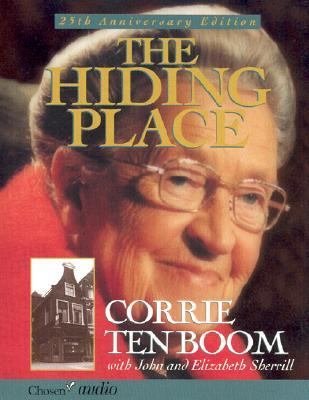The western societies of today, formerly known as Christendom, still have Christian ideals which have served us well. Although they are frequently not adherred to I take it as self evident that it is better to have them than not.
1. Love of friend, neighbour and enemy.
2. Charity towards the poor and the suffering regardless of religion or race.
3. Endless seeking of truth (including scientific truth).
4. Endless progress of technology (largely through application of scientific truth).
Some other parts of the world are adopting them and their societies are advancing accordingly in quality and security of life. They are crucial to who we are. From where do they originate and gain sustenance? From belief in the risen Jesus Christ.
1 and 2 were directly commanded by Christ and have transformed pagan societies into the relatively benevolent ones of today. Because they were propagated in the belief of their supernatural divine origin and universality they were taken seriously in all manner of situations ranging from peace to war.
3 and 4 stem from two aspects of the image of God in whom we are made and in whom we are sanctified through Christ. God is the source of divine truth and creativity in all the monotheistic Abrahamic religions (Christianity, Islam and Judaism). In Christianity the truthfulness and creativity are sanctified in man through Jesus Christ.
Yet by what godless standard are these judgements made? Why are the misdemeanours actually ‘wrong’? Why are they not mere evolutionary accidents, no more meaningfully regarded as wrong than are products of chance?
No moral imperatives, no promises or standards of behaviour can be asserted unless backed by the belief in the sacred. Humanists and philosophical materialists have to make arbitrary laws. Even the assertion that man is sacred comes from man himself, a bag of chemicals, and so carries no real weight.
The churches they attack were born out of the early followers and apostles and spread the the way of Christ throughout the world over 2000 years by a painful, untidy process. Given the fallen nature of man this is what one would expect in institutions of millions of people. Western society has been fed through the hand of god with Christian values by working through the churches.
Now humanists and atheists make moral judgements of churches while removing the foundation of those judgements, i.e. God. They are breaking up the very foundations on which western civilisation rests and which were laid by the monasteries and travelling preachers through the ages, often, unfortunately, modified for expediency.
It is vital that the churches should atone for past sins in some way to the satisfaction of all, because, if I am right, they are to serve as the salt of the earth, a divine sanctum of holiness and light in a dark and crazy world rather than compel us to live in a maze with no centre. However, to remove the divine source from which morality and truth itself originate is to remove the right to deem any action moral or immoral.
Only believers in this divine source can meaningfully attack the clerical institutions.
The church is the hand by which society is spiritually fed. If the hand has scars we need to heal it, not bite it.
John Sears
Author, 2077 AD
Reach me at cosmik.jo@gmail.com
